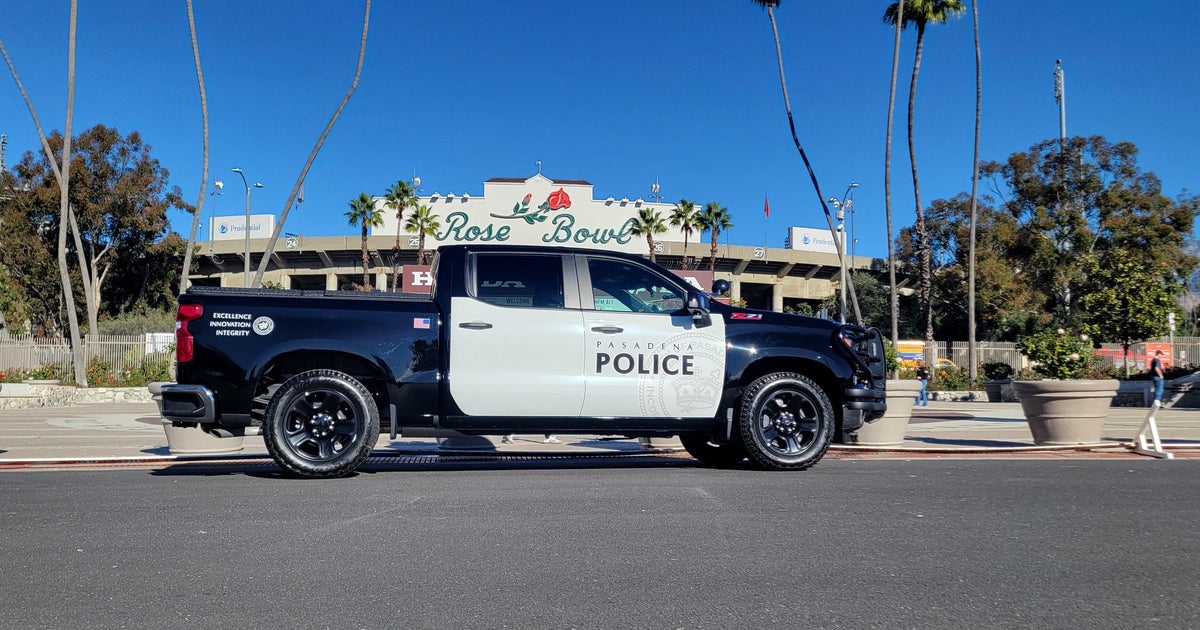What Would A Consent Decree Mean For Minneapolis? We Asked A City That Has One
MINNEAPOLIS (WCCO) – As the Minnesota Department of Human Rights unveiled its 72-page investigation into Minneapolis police and its consistent violation of human rights, it also announced its plans to push for a consent decree.
The decree would be a court order between the City of Minneapolis and MPD, and it could bring sweeping changes throughout the department.
Baltimore entered its own consent decree following a Department of Justice Investigation and the death of Freddie Gray while in police custody.
"A consent decree basically means that the United States Department of Justice takes over the day-to-day management of a criminal justice agency," said Dr. Jeffrey Ian Ross, a professor at the University of Baltimore. "It's an opportunity for increased accountability."
Baltimore's consent decree, which can be found here, lays out new rules and recommendations for police that put an emphasis on oversight and transparency. The success in which the department adapts to these changes is meticulously and consistently tracked by both a civilian oversight committee and independent auditor. The decree will stay in place until the department fully complies with each requirement, which range from interactions with youth to citation procedures.
"These types of consent decrees can transcend administrations," said Ross, noting Baltimore has seen turnover in multiple city and police positions since the decree took effect.
In a 2020 report, an oversight team graded Baltimore police as making significant progress in some areas. However, the report notes the changes are not yet translating into actual changes on the street.
Establishing a consent decree would take agreement from city officials and police officials in Minneapolis, Ross said. This process could take up to a year, and could be impacted by an ongoing Department of Justice investigation into the department.
Ross says it's difficult to say whether the consent decree has been a net positive for Baltimore. It has, however, impacted how officers do their jobs.
"I wouldn't say they're doing the bare minimum, but they're not intervening as frequently as they used to," he said. "There's a perception that they're pulling back and they're only responding to calls for service, and even when they are, they're taking very few risks."







